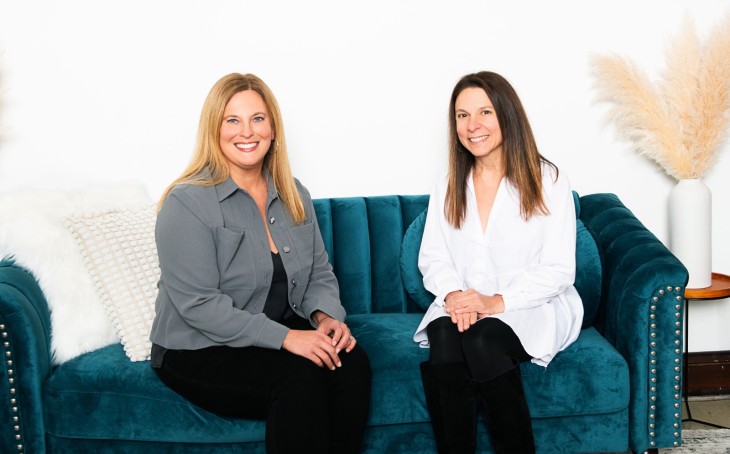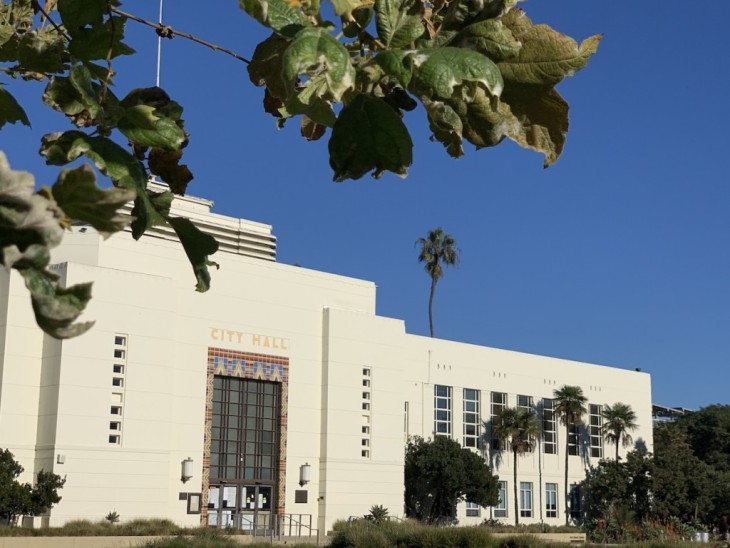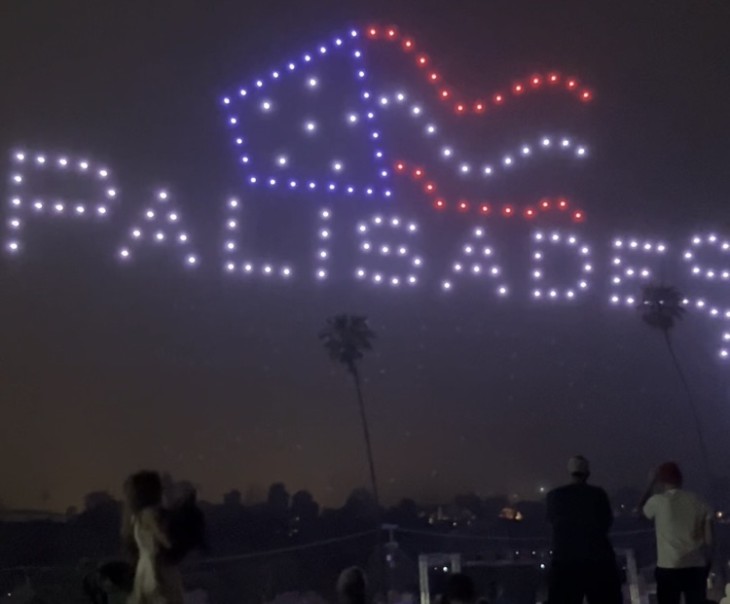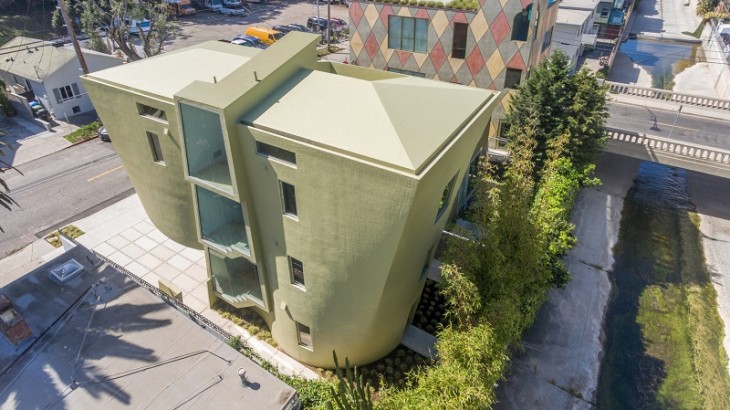Temple Emanuel of Beverly Hills will conduct a Contemporary Issues Forum today on “Anti-Semitism in Europe: Challenge or Crisis,” in connection with Yom Kippur, the holiest and most somber day on the Jewish calendar.
Anti-Semitism in Europe was selected as the topic in early August “because it just seemed to be getting more and more attention,” said Rabbi Laura Geller, Temple Emanuel’s senior rabbi.
“The theme for our High Holidays (observances) is ‘If not now, when?”’ Geller said. “What is an issue that is urgent and need to do something about it, if not now, when?”’
A spate of shootings, anti-Semitic rallies and attacks on synagogues and Jewish-owned businesses have contributed to an environment of fear for European Jews, Geller said.
As members of her congregation “read about what was happening in Europe, they became more and more concerned,” Geller said. “Our community is confused about it. I think the community is angry. Some people in the community are scared. It’s a pretty important issue that both touches the Jewish community very personally and also has significance for the wider community as well.”
Amanda Susskind, Pacific Southwest Region director of the Anti-Defamation League who will be one of the forum’s panelists, described the current level of anti-Semitism in France as serious, but said she always cautions people “to make the comparison to pre-Nazi Germany is not fair either.”
“There is a vibrant Jewish community that is extremely vocal and has a great deal of respect,” Susskind said. “There is a government that supports the Jewish community and has been outspoken to denounce anti-Semitism.”
Geller said she hopes the forum will lead to people understanding “what’s really happening in the world and why it’s happening in the world and what we as a Jewish community here in North America ought to be doing in response.”
Susskind said she hopes the forum will reduce the anxiety of people who have only heard “bits and pieces” about anti-Semitic actions in Europe and “give people the means to do something now.”
The forum’s other panelists will include Axel Cruau, France’s consul general in Los Angeles and Joshua Goode, an associate professor of history and cultural studies at Claremont Graduate University. Cathy Unger, a board member of the American Jewish Committee will be the moderator.
“In the fight against anti-Semitism, the key is working with all possible partners,” Cruau said. “I welcome this opportunity for a dialogue as we really need the input of American Jewish organizations.”
Cruau said he plans to explain that French authorities have a zero tolerance policy against anti-Semitism and “reflect on the impact on the situation in the Middle East and what it means for all of us.”
“You cannot think about the fight against anti-Semitism if you don’t think and act about the Middle East,” Cruau said, referring to the Syrian Civil War, and participation by residents of France in the Islamic State group and France being part of the coalition fighting it.
The global economic downturn that began in 2008, actions by Muslim clergy and social media have also contributed to anti-Semitism in France, Cruau said.
Since the 1990s, France has enacted a series of laws aimed at combating anti-Semitism, including “very, very tough penalties for racist, anti-Semitic or xenophobic offenses” and outlawing Holocaust denial, Cruau said.
France also has a stringent security policy to protect synagogues and Jewish schools, Cruau said.
“We all need to work together — in France, outside of France, Jewish organizations, non-Jewish organizations — to find solutions and an effective policy,” Cruau said.
Temple Emanuel has held a Contemporary Issues Forum each Yom Kippur since shortly after Geller became its chief rabbi in 1994.
“We wanted to make it clear that the work of Yom Kippur is not just personal spiritual work, but it also has to do with our responsibility with the larger world,” Geller said.
Past forum topics have included immigration and homelessness, Geller said. Last year’s topic was the Affordable Care Act.
Yom Kippur began at sundown Friday, with the observant fasting and seeking forgiveness for their sins.
According to Jewish tradition, Yom Kippur is the day on which Moses came down from Mount Sinai with the second set of commandment tablets and announced God’s pardon of the people.
A primary image of the season is of God inscribing and sealing the names of the righteous in the Book of Life during the period of the High Holy Days, the 10-day span between Rosh Hashana, the Jewish New Year, and Yom Kippur, the Day of Atonement.
For that reason, the traditional greeting among Jews on Yom Kippur is G’mar tov or G’mar Khatima Tova, which is shorthand for “Finish with a good seal (in the Book of Life.)”
Yom Kippur atones for sins between people and God but in order to atone for sins between people one has to ask the individuals who were hurt for forgiveness, Geller said.
Yom Kippur concludes after sunset tonight.

























